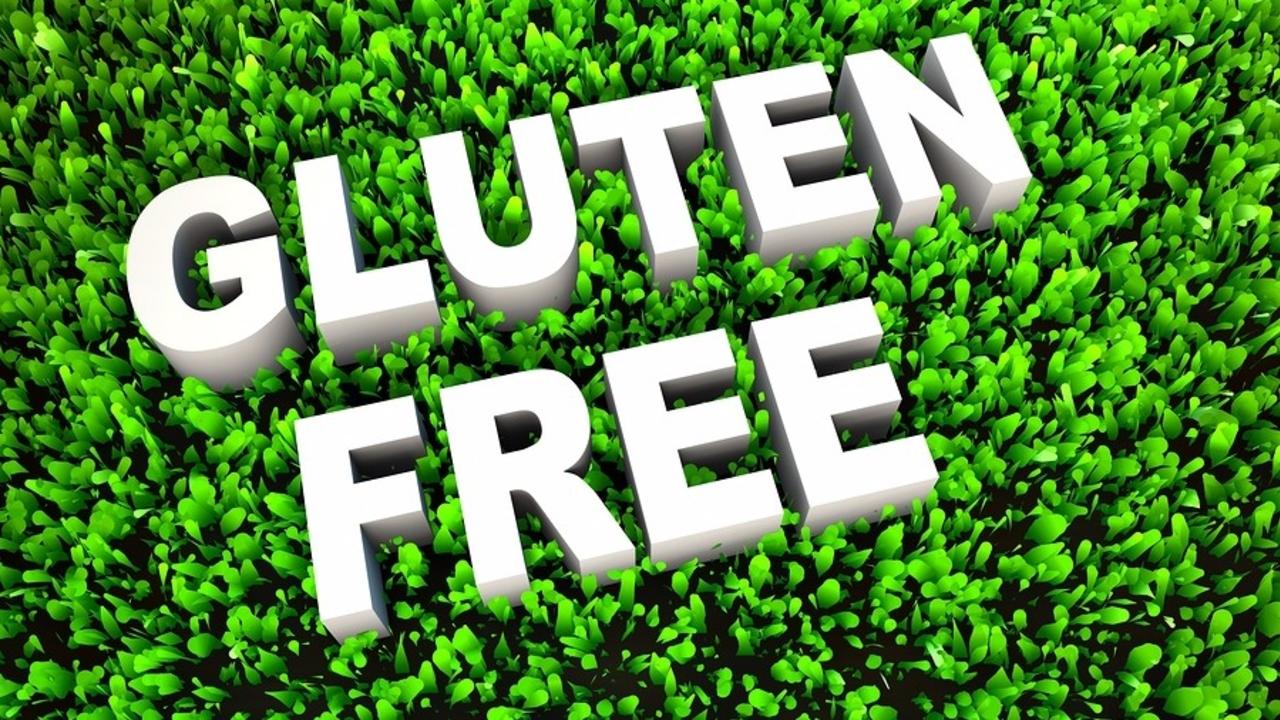What Does Gluten Sensitivity Mean?

Often when a patient comes in, I adjust and change their diets by instructing the patient to eliminate grains and gluten. The next visit, usually within a week or two, they bounce into the office listing all the surprising and strange symptoms that brought them into the office initially have gone away!
These symptoms can be as broad ranging and far reach as a skin rash, or eczema, to severe and life-threatening autoimmune disorders like Multiple Sclerosis. There's a fascinating case where a man had severe neurological symptoms that mimicked ALS (Lou Gehrig’s disease), even had an MRI that had the same lesions on the brain that ALS has, after he removed gluten from his diet all his symptoms abated and the MRI Lesion cleared.
Gluten is a terrible little protein, and gluten intolerance or sensitivity can be life altering. Symptoms of Gluten Intolerance or Sensitivity:
| Joint Pain | Brain Fog | Migraines |
| Fatigue | Diarrhea | Constipation |
| Bloating or Gas | Rash | Autoimmune Diagnosis |
| Rheumatoid Arthritis | Hashimoto’s thyroiditis | Ulcerative colitis |
| Lupus | Psoriasis | Multiple sclerosis |
| ADD or ADHD | Anxiety | Depression |
| Hormone Imbalances | PMS | PCOS |
| Infertility | Chronic Fatigue | Fibromyalgia |
Most of the reason that gluten is a terrible little protein is that it's a significant amount of grains that are eaten in modern diets. These grains include wheat, barley, rye, and triticale (a hybrid between wheat and rye, yeah, I’ve never heard of it either). Is gluten so terrible? Why the bad wrap? I mean, it's just a little protein, and everyone is raving about protein in the news!
How could it affect so many different, seemingly unrelated, parts of our bodies? Well, it isn’t the protein that causes the problem, its how your immune system reacts to that protein. The easiest way to describe how your immune system works is to look at it as a lock and key. The keys are the proteins that fit into the lock of your immune systems cells. When the right key fits into the immune systems lock, your body starts to mount its defense by attacking that protein.
The interesting thing about your immune system is that it travels everywhere in your body. However, about 80% of it is located in your intestine! Our intestines are our first line of defense; it is what lets the great things we eat in and is one of the ways we excrete the breakdown products of life. Since it gives the food we eat, including protein into our body, it makes sense that our immune system would place a bunch of watchmen there to make sure nothing gets in that shouldn’t get in that might harm us.
Even if you weren't born with a gluten sensitivity, you've probably earned one over your lifetime. The problem, for the most part, is that most people react to gluten in a negative way. This is because of the hybridization and genetic modification of grains to increase the amount of gluten they contain. If the growth in gluten wasn't enough, the fact that we are becoming a mono-food culture is sufficient. Michael Polan has written a few excellent books on this subject, my favorite being The Omnivores Dilemma. Most of the foods consumed in this country come from a package and are likely to include a significant amount of wheat, corn, or soy.
These just happen to be 3 of my five fingers of death and happen to be causing 95%+ of our heath problems in this country! If we could rid our foods of gluten, we'd be a healthier America. There's no health reason to make gluten an additive in everything we're eating. Whether you think you're gluten intolerant or sensitive or not, chances are very high that you are. Many people have symptoms and never realize relief could be as simple as removing that terrible little protein. I've personally seen patients do exceedingly well when gluten is removed from their diets.
I hope you found this week’s Q & A helpful. Please pass it along and, if you have any questions, please send them to DrJJ@DrJJGregor.com
Stay connected with news and updates!
Join our mailing list to receive the latest news and updates from our team.
Don't worry, your information will not be shared.

